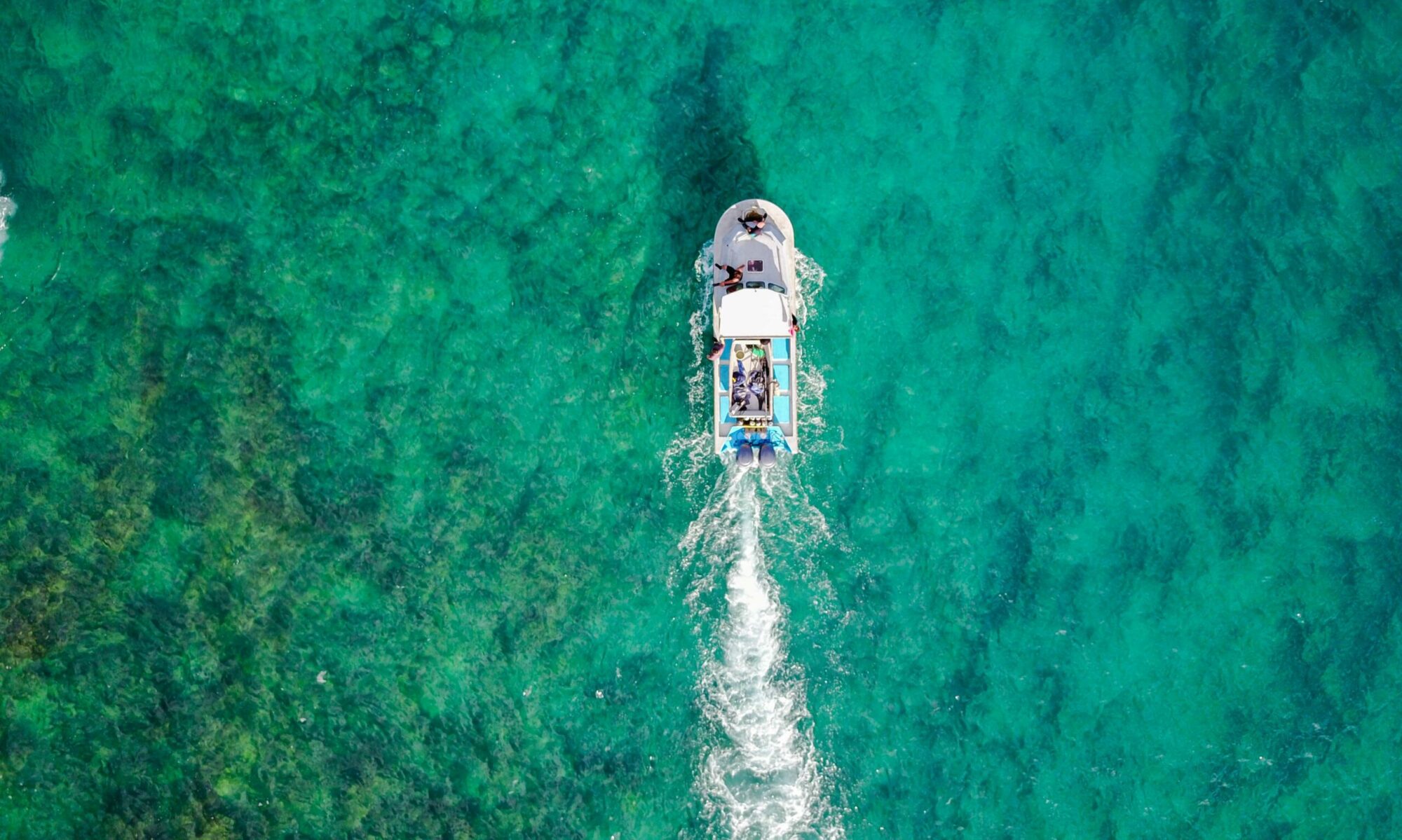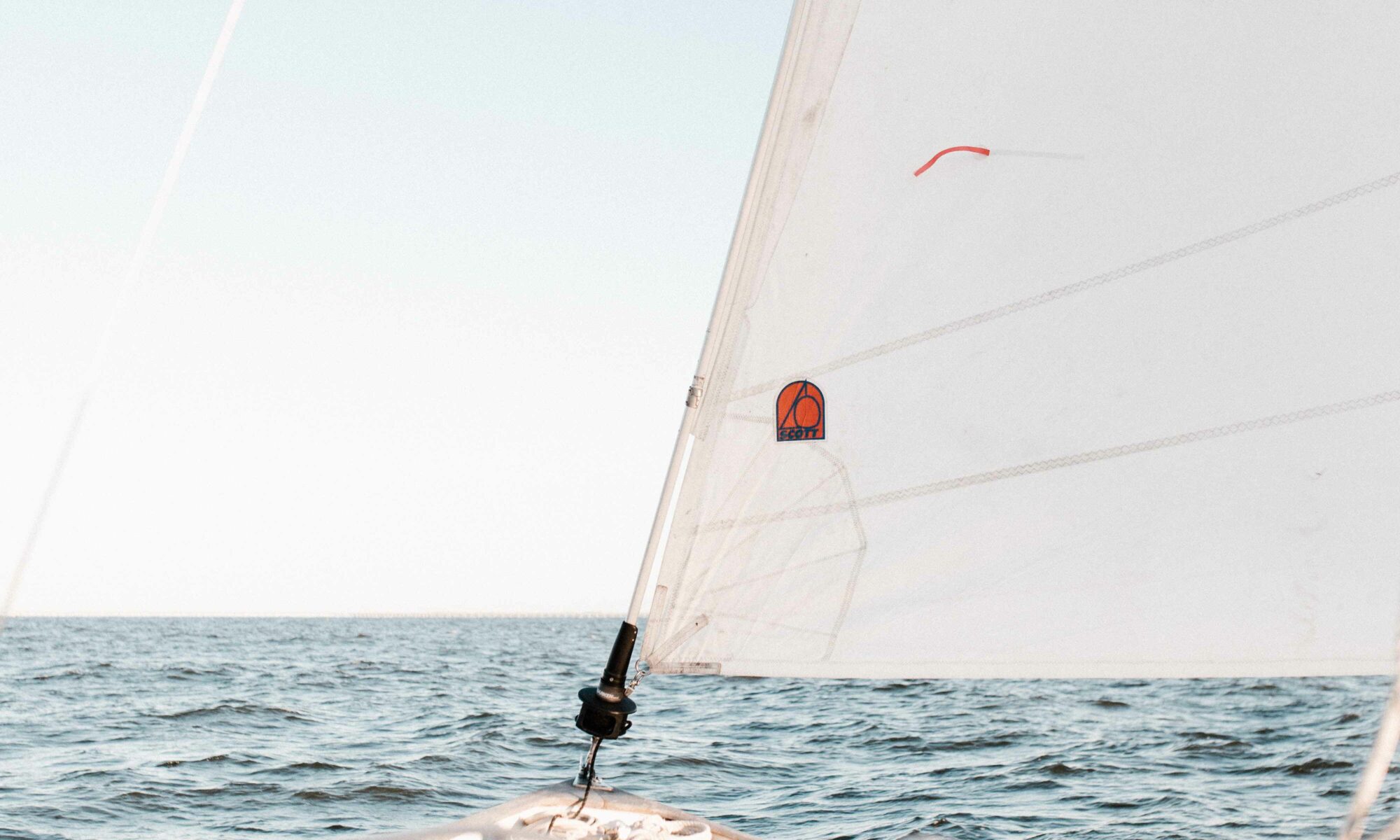Fishing as a recreational activity can be traced back to the days after the English Civil War. During this period, there was a newfound interest in this activity. This has also been mentioned in several books and treatises that were written on the topic of fishing. Among them was A Booke of Fishing with Hooke and Line wrote by Leonard Mascall in 1589.
Fishing was also described in Izaak Walton’s The Complete Angler, written in 1653. The fishing hook that’s still in use today was designed and improved in the mid-17th century by Charles Kirby. There are some important things you must consider before you embark on a fishing trip:
1. The right fishing gear
If you want to have a good fishing experience, you’ll certainly require your fishing gear. When you’ve planned to go fishing on your boat, the last thing you’d want is the failure of your gear. You must make sure that you have the right fishing gear with you before leaving for the trip.
Annual maintenance of the gear must be given top priority. Things like the fishing reels must be maintained in a good condition. Reels are subject to repeated use when fishing. Salt often enters the inside of the reel and can cause unseen damage if left unchecked. There are certain times of the year when you don’t go fishing as much as you normally do. This would be an ideal time to take your gear to a trusted tackle shop.
You can get a full service done on the gear. By doing this, you can be assured that the gear would not disappoint for a long period of time. After spending a long day on the water, rinse your gear and remove the buildup of salt, if any.
2. The weather
You’ll have some success with fishing if you know how the weather affects the behaviour of fish. Make sure that you have the updates on weather to keep yourself safe and well-prepared. Checking several sources of weather reports will help you to get the right information.
You can then use this information to plan your fishing locations. You must be having certain spots in your mind. So, if it looks like those spots are going to be windy, you can find another spot. This would certainly save the hassles of managing your boat in the conditions of bad weather.
If the weather reports are indicating the possibility of rain, make sure you’re prepared. Pack all your rain gear in a dry bag. Even when you’re out there on the water, you must keep checking the weather to stay safe.
3. The catch
Planning what to do with the fish you’ve caught is just as important as finding them. Your boat might be having fish boxes or coolers where you can store your catch. If not, you can get one for all your future fishing trips. Before leaving for your trip, load the coolers with ice. Be careful not to open and close the lid frequently.
You must not lose the cold air that you’re saving for the trip. Once you begin filling the box with fish, make sure that they’re completely covered in ice. Once you’re back from the trip, clean the fish immediately. This will keep your catch fresh. Clean and fresh fish can last a few days in the fridge.


